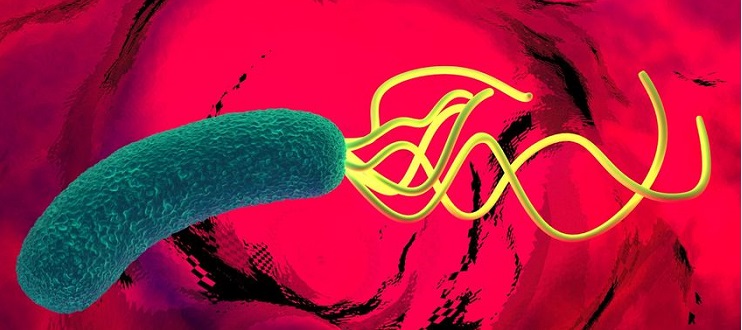

 Back to Suggested Publications
Back to Suggested Publications

This week we suggest the article recently published on "Clinical Infectious Deseases", Persistent and Transient Helicobacter pylori infections in Early Childhood
SUMMARY
Nearly 50% of the adult population worldwide is infected with Helicobacter pylori (H. pylori) at some point during their lifetime. The vast majority of information on H. pylori infection has been derived from symptomatic populations, providing valuable information, but lacking the ability to determine the age of infection onset and to characterize pathogen characteristics and host responses to infection before the occurrence of symptoms.
The infection is generally acquired during the first years of life. It can be persistent or transient and bacterial and host factors determining persistence are largely unknown and may prove relevant for future disease.
In this study two cohorts of healthy Chilean infants (313 total) were evaluated every 3 months for 18–57 months to determine pathogen- and host-factors associated with persistent and transient infection.
The authours demonstrated that nearly one-third of children were infected, as determined by at least 1 positive stool ELISA, that nearly 20% had a persistent H. pylori infection, that transient infections are not due to increased antibiotic use, and that persistent but not transient infections are mostly associated with significant seroresponses. They conclusively showed that these persistent infections are acquired during the first 5 years of life, mostly within the first 2 years.
AUTHORS: O'Ryan ML, Lucero Y, Rabello M, Mamani N, Salinas AM, Peña A, Torres-Torreti JP, Mejías A, Ramilo O, Suarez N, Reynolds HE, Orellana A,Lagomarcino AJ.
Click here to go to the article.